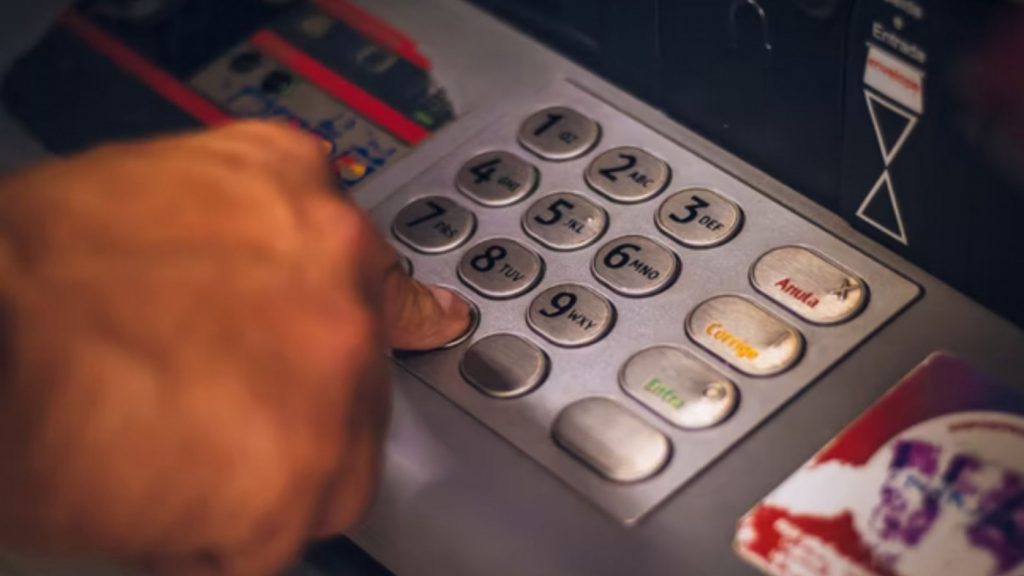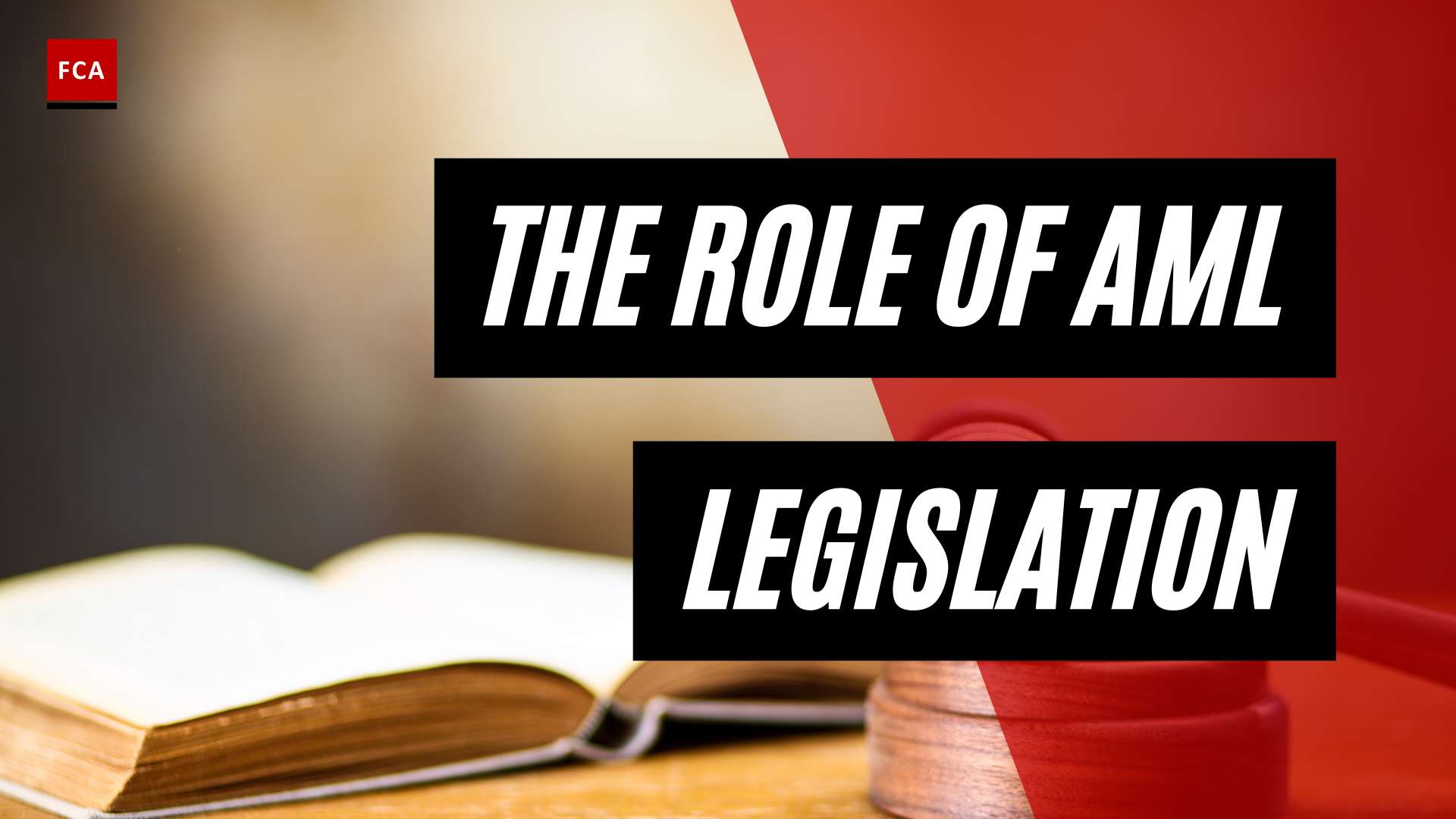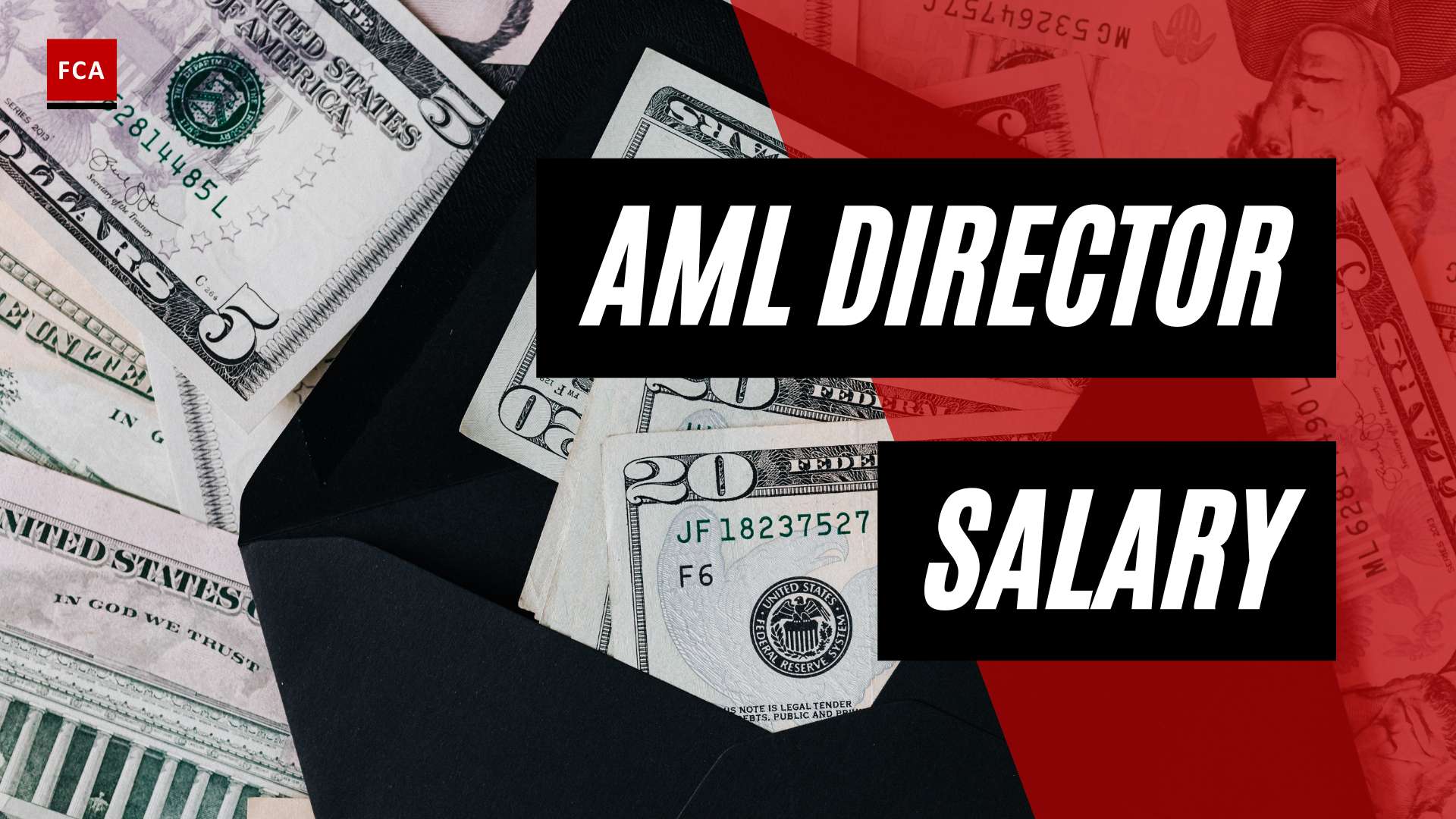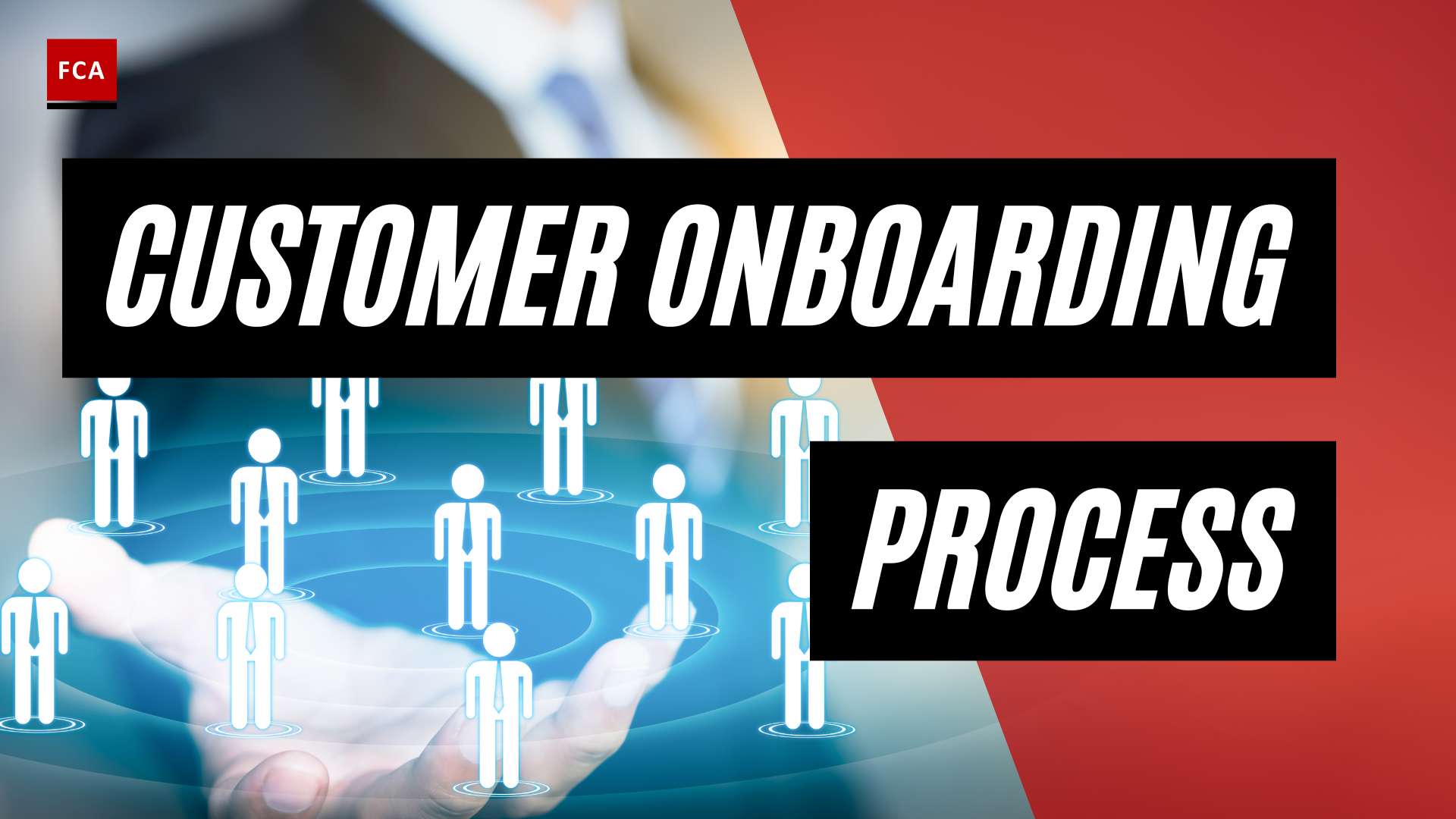There is a common misconception that businesses that are not banks don’t need anti money laundering or AML regulation protocols. AML in banking may be one of the most prominent industries, but it is definitely not the only one.
It is a standard line of reasoning for some people, the idea that they don’t need AML protocols because their business does not fall into the finance category. The truth is that AML regulations are becoming more widespread, covering many more markets and consistently increasing company commitments. If your business is not already invested with an AML program because you think you will not need it, this article may convince you otherwise.
Table of Contents
Key Takeaways
- Businesses in all industries should have AML plans in place to avoid challenges or penalties.
- Many countries have recently put out regulations for industries besides banking to strengthen AML laws.
- Some tips can help businesses aiming to create an AML protocol that will make the processes more accessible and more effective.
AML In Banking And Other Industries
In 2020, the most recent AML Act outlined intensive reforms to US AML regulations. Among many changes that business owners and compliance teams should be aware of, the act outlines that companies should:
- Remove any companies or clients with anonymous holdings.
- Expand AML definitions to include a broader set of industries, including antique traders and virtual currency exchange.
Singapore recently put out new AML guidelines aimed at these industries listed above. Digital currencies are rising in popularity, and so are other virtual asset providers. This act aims to combat that across all trades. Similarly, South Korea passed comparable AML laws for almost the exact reason. Following that, so did the European Union, with their Sixth AML Directive.

As bank money launderers plotters continue to expand further and into hidden places, governments and agencies alike need to ensure laws and regulations reach these other occupations. Real estate, cryptocurrency, and other non-traditional markets are seeing a rise in illicit transactions, which further supports the idea that all businesses need AML in banking and other industries to prevent any risk. By doing so, they are doing their part in preventing further repercussions, like terrorism financing and other criminal activity.
Even if your business believes you do not need any AML processes set in place right now, it is unlikely you will feel this way for long. It is expected that more industries will be responsible for AML compliance sometime in the near future. To keep your customers happy and your business free from fines, complying with AML laws is indispensable.
AML Strategies
Based on this, it is never too soon to start preparing for how you will comply with AML in banking and other industries when the time comes. Planning a strategy for your business is the best way to ensure success and maintain a progressive reputation. Some of the critical elements you may want to consider for your AML compliance program should be:
- Screening procedures for customers.
- Machine learning transaction monitoring processes to avoid false alarms.
- Investigation tools for case management.
- Regulatory reporting lessens the time it takes to create and file a suspicious activity report.
Summary
In all, businesses in all industries need to see the benefit of setting up a convenient and conclusive AML program. Whether or not you are required by law to have one implemented now, the time may come, and protecting yourself from potential fraud is always critical.










